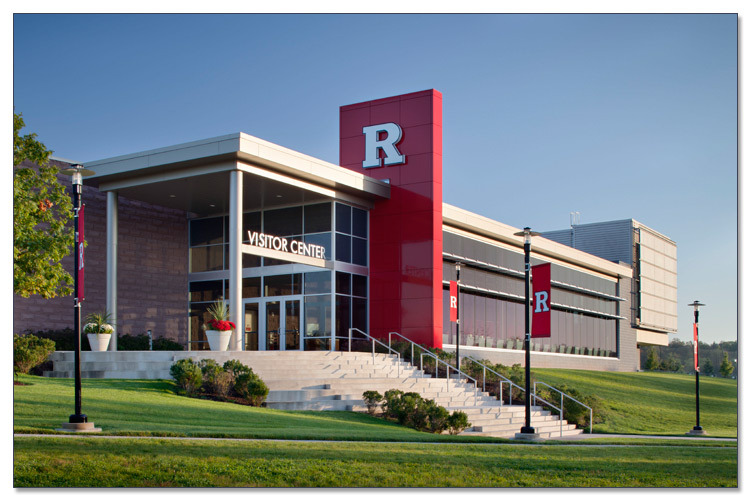
美国罗格斯大学博士后职位—细胞生物学与神经科学
Postdoctoral Associate
Rutgers University
Description
Position DetailsRecruitment/Posting Title Postdoctoral Associate
Department SAS-DLS-Cell Bio & Neurosci Salary Commensurate With Experience Posting Summary
Postdoctoral positions are available in the laboratory of Dr. Peng Jiang in the Department of Cell Biology and Neuroscience, Rutgers University New Brunswick.
The research focus of the Jiang lab is on investigating cellular and molecular basis of human brain development and pathogenesis of neurological disease utilizing human induced pluripotent stem cells (hiPSCs). We have been studying mechanisms of neurodevelopmental and neurodegenerative disorders and developing new therapeutics using novel hiPSC-based in vitro brain organoid and in vivo human-mouse chimeric brain models. We use a combination of multidisciplinary techniques in our research, including stem cell reprogramming, electrophysiology/patch-clamp recording, imaging techniques, molecular/cell biology (including CRISPR/Cas9), biochemistry, pharmacology, bulk and single cell RNA-sequencing techniques, transgenic and surgically induced animal models, and animal behavioral testing.
Below are recent examples of our work. Please visit our lab website at https: // www. sas.rutgers.edu/cms/cbn/peng-jiang-lab/37-peng-jiang- research/340-research-goals for additional information.
· Jiang P, Turkalj L, Xu R. High-Fidelity Modeling of Human Microglia with Pluripotent Stem Cells. Cell Stem Cell. 2020 May 7;26(5):629-631.
· Xu R, Li X, Boreland A, Posyton A, Kwan K, Hart R, Jiang P. Human iPSC- derived mature microglia retain their identity and functionally integrate in the chimeric mouse brain. Nature Communications. 2020 Mar 27;11(1):1577.
· Xu, R., Brawner, A., Li, S., Liu, JJ., Kim, H., Xue, H., Pang, Z., Kim. WY., Hart, R., Liu, Y., Jiang, P. (2019). OLIG2 Drives Abnormal Neurodevelopmental Phenotypes in Human iPSC-Based Organoid and Chimeric Mouse Models of Down Syndrome. Cell Stem Cell. 2019 Jun 6;24(6):908-926.e8.
· Kim, H., Xu, R., Padmashri, R., Dunaevsky, A., Liu, Y., Dreyfus, C., Jiang, P. (2019). Pluripotent Stem Cell-derived Cerebral Organoids Reveal Human Oligodendrogenesis with Dorsal and Ventral Origins. Stem Cell Reports. 2019 May 14;12(5):890-905.
A Ph.D. in neuroscience, stem cell biology or related fields is required. Candidates who have experience with patch-clamp recordings and or CRISPR/Cas9-mediated genome editing in human pluripotent stem cells are desired. Candidates are expected to have strong problem solving, oral and written communication skills, excellent interpersonal skills, and the ability to work effectively and collegially with colleagues in a laboratory setting, as well as independently.
Posting Number 21FA0764 Posting Open Date Posting Close Date
Minimum Education and Experience
A Ph.D. in neuroscience, stem cell biology or related fields is required.
Certifications/Licenses Required Knowledge, Skills, and Abilities Equipment Utilized Physical Demands and Work Environment Overview Statement













